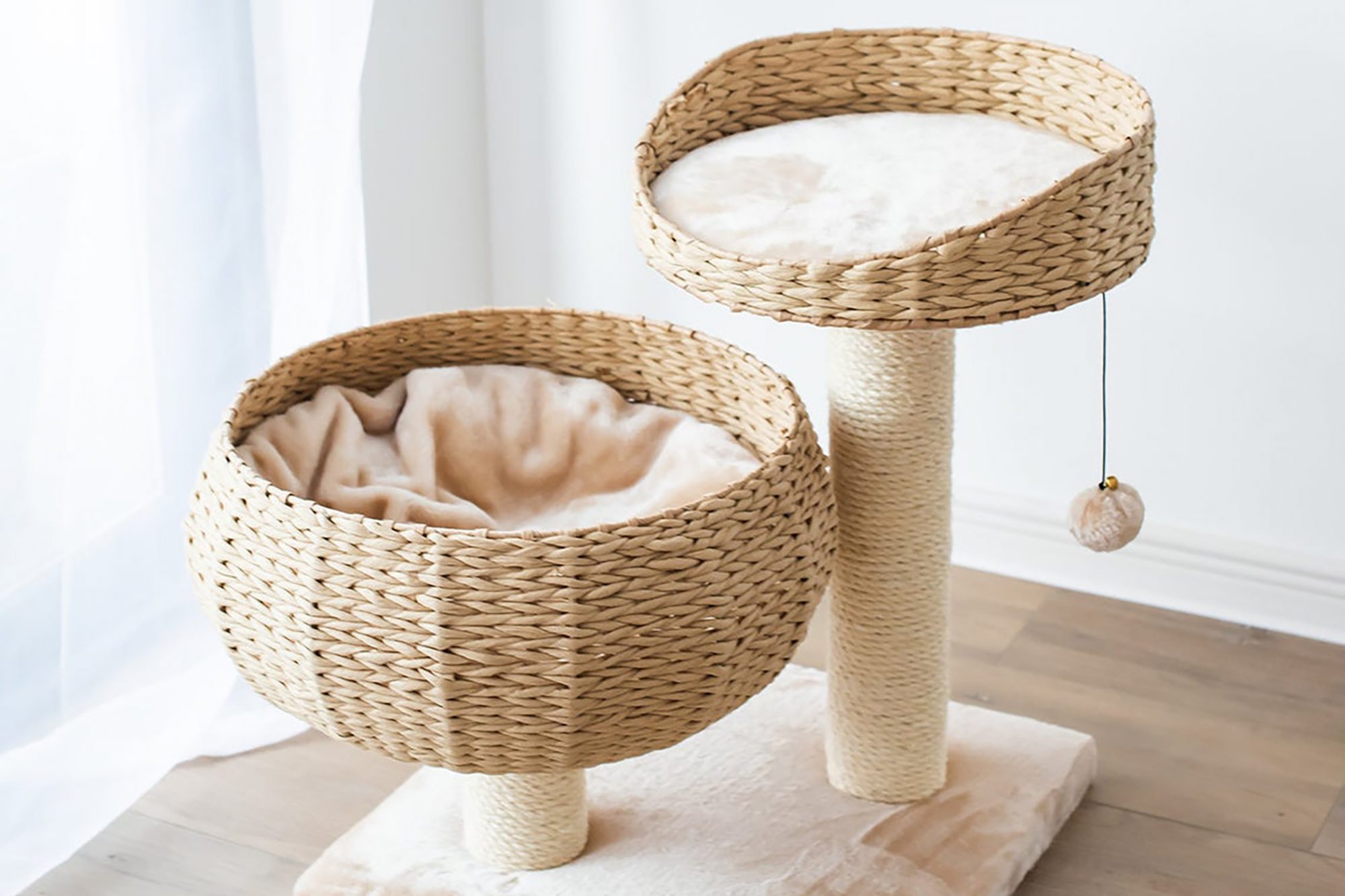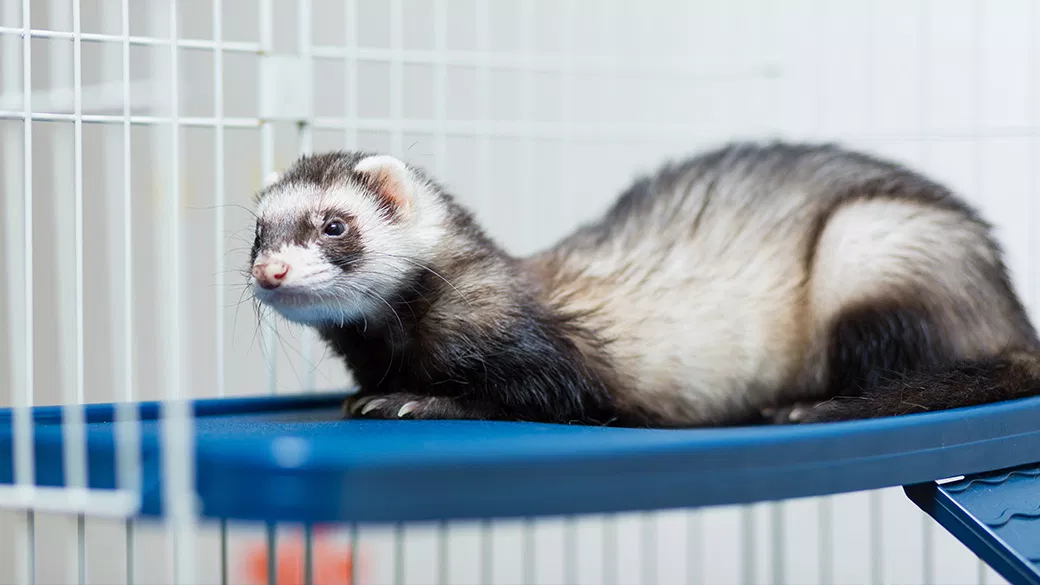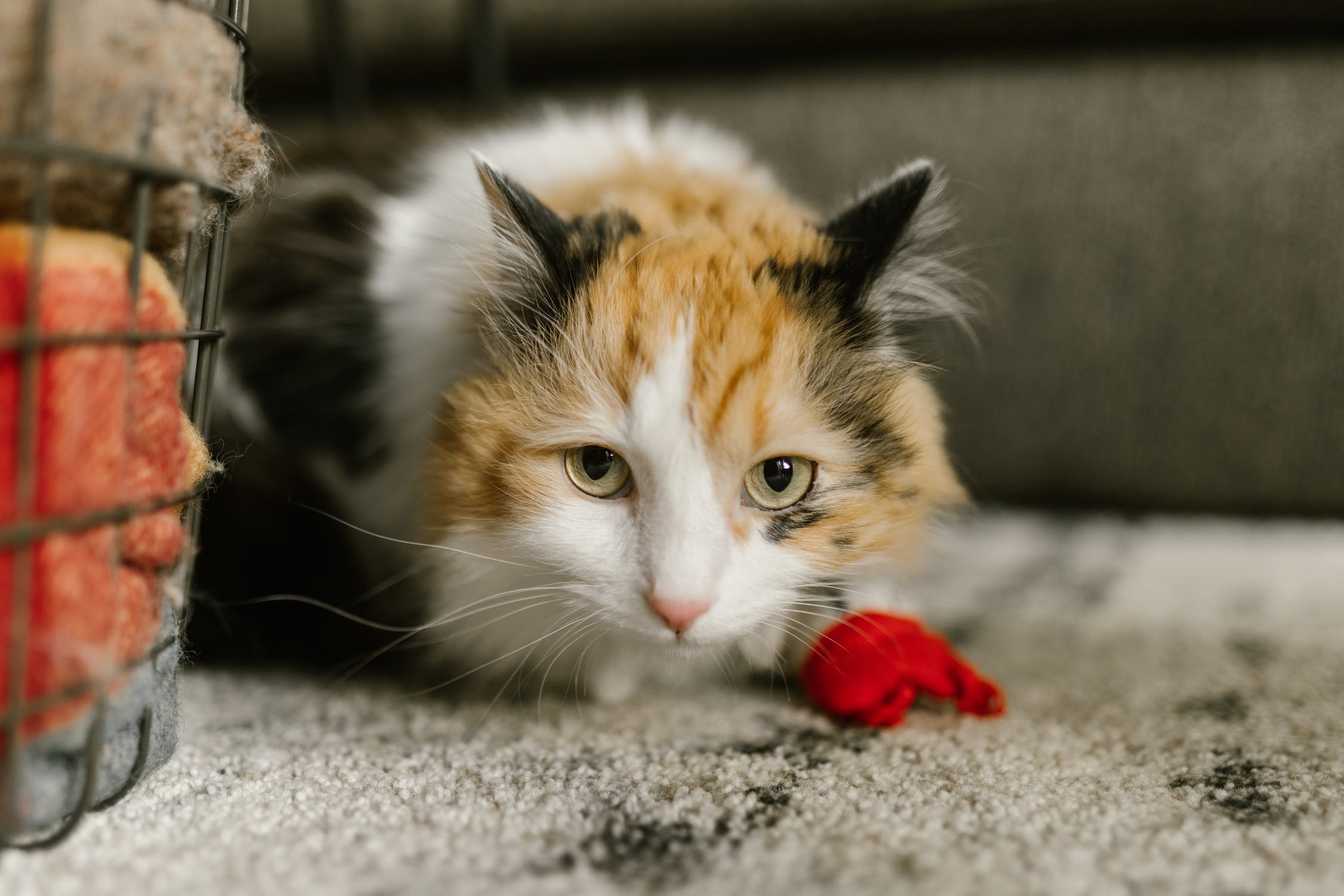So your furry feline friend isn’t feeling so hot lately, huh? Those sad meows coming from the litter box can only mean one thing – diarrhea. Seeing your beloved pet with an upset tummy is problematic as a cat owner. But don’t panic, you got this. While messy and unpleasant, diarrhea in cats is usually not a cause for alarm and often clears up within a couple of days with some TLC. However, if it persists for more than 48 hours, it’s best to have your vet examine Kitty to determine the underlying cause. This article will walk you through what you need to know to get your cat back to feeling like their playful self again. With the proper diet, hydration, and probiotics, you’ll have them using that litter box for its intended purpose in no time. Hang in there – you and your furball will get through this together.
Understanding Feline Diarrhea: Causes and Symptoms
Cat diarrhea can be caused by various issues, from eating something that doesn’t agree with them to an underlying health condition that needs treatment. As a cat owner, it’s essential to understand the possible causes of diarrhea and when you should call your vet.
Your cat may have diarrhea because they ate something they shouldn’t have, like table scraps or trash. Ingesting foreign objects can also lead to diarrhea, as their digestive system tries to pass it. These types of diarrhea will usually clear up on their own in a couple of days as the irritant passes through their system. Ensure your cat has access to plenty of fresh water to avoid dehydration.
Certain parasites like giardia or bacteria like Salmonella can also cause diarrhea. You’ll want to call your vet if the diarrhea is frequent, bloody, or your cat looks pretty ill or lethargic. They may need medication to clear the infection.
Underlying issues like IBD or food allergies may require prescription food or steroids to get under control. Your vet can diagnose these conditions with blood tests and stool samples.
The key is knowing your cat and being alert for symptoms that seem severe or last more than a few days. Diarrhea can lead to dehydration quickly in cats, so if their diarrhea is frequent or they show signs of dehydration like lethargy or loss of skin elasticity, call your vet immediately. They would instead call and have it be nothing serious than wait too long to get your cat treatment. Keeping a close eye on your feline friend and understanding the causes of diarrhea will help keep them happy and healthy.
At-Home Treatment Options for Cat Diarrhea
If your feline friend has an upset tummy, the good news is there are some things you can do at home to help get them back to normal.
Fluids and electrolytes
The most important thing is keeping your cat hydrated. Offer extra water mixed with an electrolyte solution like unflavored Pedialyte. You can also try chicken broth. The electrolytes and salts will help restore balance.
Probiotics
Giving a probiotic supplement can help restore the good bacteria in your cat’s gut. You can find cat probiotics online or at your vet’s office. Follow the dosage instructions and give them food if possible.
Bland diet
Switch your cat to a bland, easy-to-digest diet for a few days. Boiled chicken and rice is a good option. Ensure you take away any snacks, leftover food bits, or chew toys from your furry friend to let their belly relax.
Medications
Talk to your vet if the diarrhea persists for more than 24 hours. They may prescribe anti-diarrhea medication such as metronidazole or probiotics to help firm up stools. Make sure to follow any dosage or administration instructions carefully.
With rest, the proper diet, and supplements or medications as needed, your cat’s diarrhea should clear up in 3-5 days. But if symptoms worsen or last more than a week, get your furry friend checked out by the vet to determine if there are any other issues and to get them back to total health.
When to See the Vet for Your Cat’s Diarrhea
If your cat’s diarrhea persists for over a few days, having your vet examine them is a good idea. Some signs that it’s time for a vet visit include:
- Blood in the stool. It can be a sign of an ulcer, parasite, or other serious issue that requires treatment.
- Diarrhea that causes dehydration. If your cat seems sluggish or isn’t drinking, they need immediate vet care.
- Diarrhea in kittens or senior cats. Young and old cats can become dehydrated more quickly, so don’t delay in having them checked out.
- Diarrhea accompanied by vomiting. Losing fluids from both ends puts your cat at high risk of dehydration and electrolyte imbalance.
Your vet will likely do a physical exam, stool sample test, and blood work to determine the cause of your cat’s diarrhea. Common causes they will check for include:
- Dietary indiscretion, meaning your cat ate something they shouldn’t have. The vet may give medication to help settle their stomach and prevent dehydration.
- Parasites like roundworms, hookworms, or giardia. Antiparasitic medication will be prescribed.
- Bacterial infections. Doctors might prescribe antibiotics to help with colitis, Salmonella infection, or other bacterial issues.
- Inflammatory bowel disease. People may use steroids or other medication to reduce inflammation and control symptoms.
- Other issues include liver or kidney disease, pancreatitis, or hyperthyroidism. Treatment will depend on the underlying condition.
With prompt diagnosis and treatment from your vet, most cats will recover from diarrhea within a few days. Call your vet immediately if your cat’s condition worsens or does not improve with recommended treatment. They depend on us to keep them healthy and happy, so get medical care as soon as needed for your feline friend.
Conclusion
So there you have it, the key things to know to help your furry friend feel better fast. Diarrhea in cats is no fun for anyone, but with some TLC, the proper diet, and medication if needed, your cat will be back to their usual playful self in no time. Call the vet immediately if things don’t start improving or get worse. Otherwise, keep them hydrated, fed bland, easy-to-digest foods, and give them any prescribed meds as directed. Most importantly, give them lots of love and belly rubs – your cat will appreciate your care and affection during this unpleasant experience. Stay calm and patient, follow the tips, and your cat’s tummy troubles will soon be a thing of the past. Family health matters, so watch your cat closely and call the vet with any concerns. You’ve got this! With your care and support, diarrhea doesn’t stand a chance.





